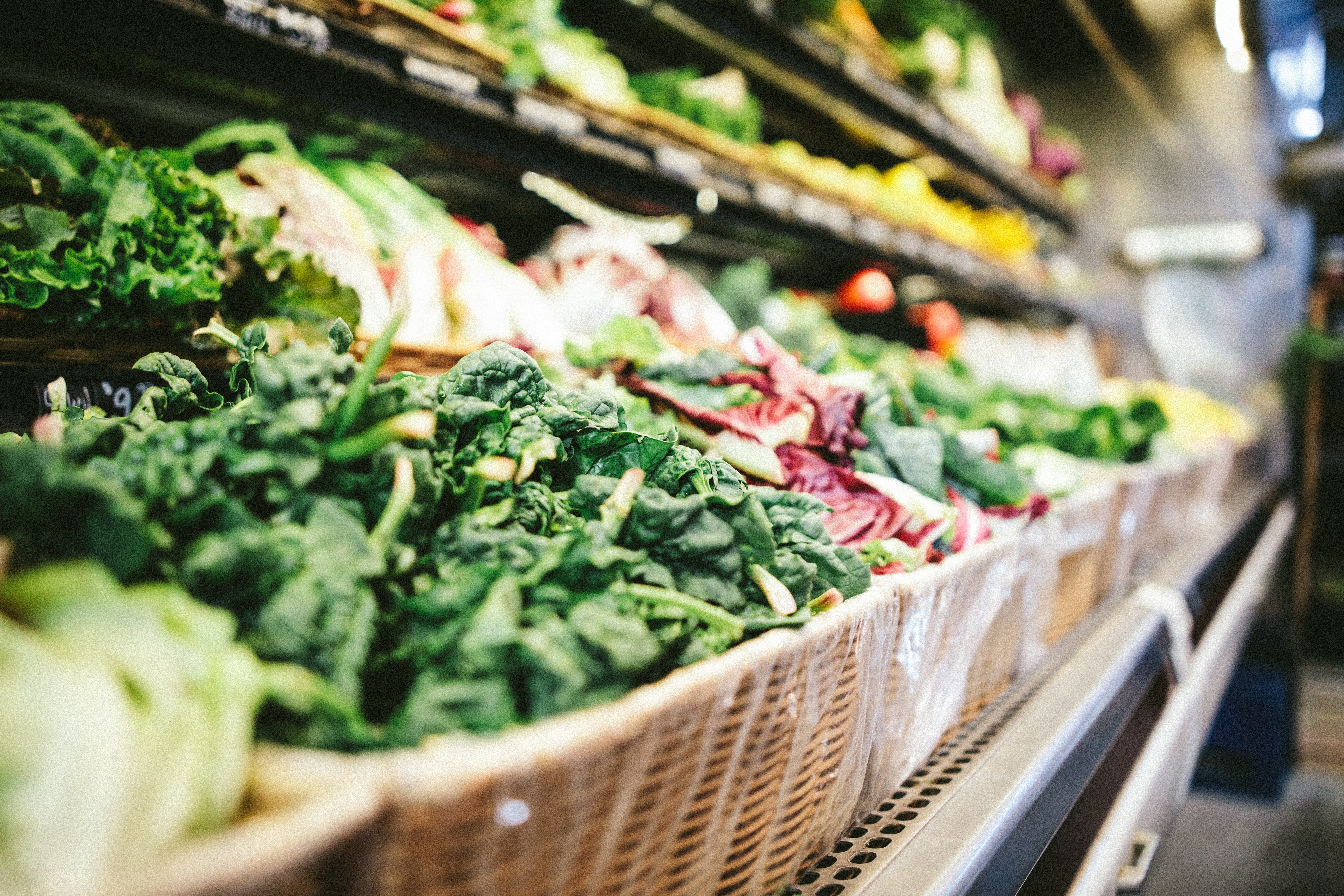
The daily activity of producing, preparing, and consuming food links our health with the health of the planet in both direct and indirect ways. Local and domestic food supplies are part of an increasingly interconnected globalized food production system. Our titles explore the state of the food system with a focus on ensuring a safe, nutritious, and consistent food supply. As always, all are free to download.
Stronger Food and Drug Regulatory Systems Abroad
Ensuring the safety of food and the quality and safety of medicines in a country is an important role of government, made more complicated by global manufacturing and international trade. By recent estimates, unsafe food kills over 400,000 people a year, a third of them children under 5, mostly …
Innovations in the Food System: Exploring the Future of Food: Proceedings of a Workshop
On August 7–8, 2019, the National Academies of Sciences, Engineering, and Medicine hosted a public workshop in Washington, DC, to review the status of current and emerging knowledge about innovations for modern food systems and strategies for meeting future needs. The workshop addressed …
A Framework for Assessing Effects of the Food System
How we produce and consume food has a bigger impact on Americans’ well-being than any other human activity. The food industry is the largest sector of our economy; food touches everything from our health to the environment, climate change, economic inequality, and the federal budget. From the …
Sustainable Diets, Food, and Nutrition: Proceedings of a Workshop
On August 1 and 2, 2018, the National Academies of Sciences, Engineering, and Medicine hosted a public workshop in Washington, DC, on sustainable diets, food, and nutrition. Workshop participants reviewed current and emerging knowledge on the concept of sustainable diets within the field of food …
Sustainable Diets: Food for Healthy People and a Healthy Planet: Workshop Summary
One of the many benefits of the U.S. food system is a safe, nutritious, and consistent food supply. However, the same system also places significant strain on land, water, air, and other natural resources. A better understanding of the food-environment synergies and trade-offs associated with …
Enhancing Food Safety: The Role of the Food and Drug Administration
Recent outbreaks of illnesses traced to contaminated sprouts and lettuce illustrate the holes that exist in the system for monitoring problems and preventing foodborne diseases. Although it is not solely responsible for ensuring the safety of the nation’s food supply, the U.S. Food and Drug …
Improving Food Safety Through a One Health Approach: Workshop Summary
Globalization of the food supply has created conditions favorable for the emergence, reemergence, and spread of food-borne pathogens-compounding the challenge of anticipating, detecting, and effectively responding to food-borne threats to health. In the United States, food-borne agents affect 1 …
Toward Sustainable Agricultural Systems in the 21st Century
In the last 20 years, there has been a remarkable emergence of innovations and technological advances that are generating promising changes and opportunities for sustainable agriculture, yet at the same time the agricultural sector worldwide faces numerous daunting challenges. Not only is the …
Managing Food Safety Practices from Farm to Table: Workshop Summary
Legal regulations and manufacturers’ monitoring practices have not been enough to prevent contamination of the national food supply and protect consumers from serious harm. In addressing food safety risks, regulators could perhaps better ensure the quality and safety of food by monitoring food …








